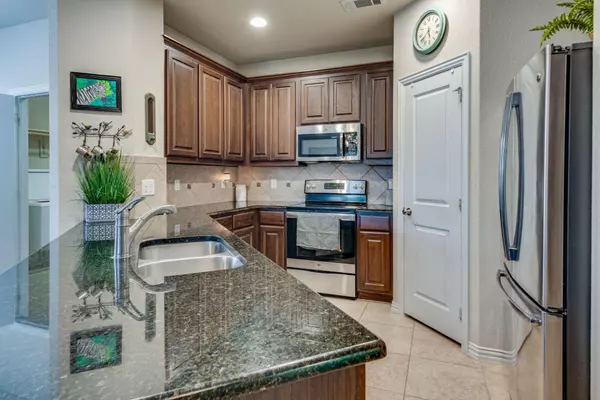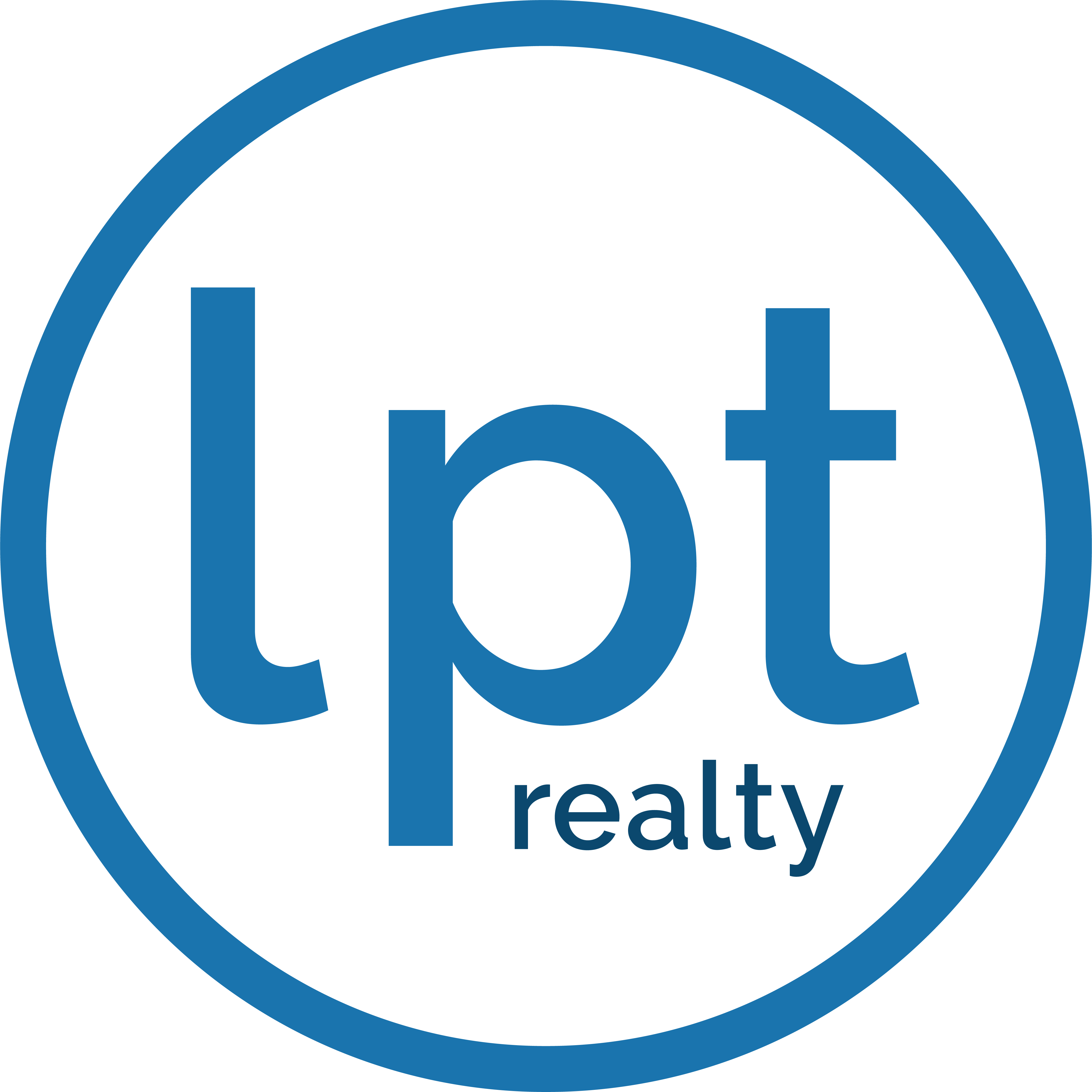

Skip Repairs - What Not to Fix When Selling a House
Skip Repairs - What Not to Fix When Selling a House Are you preparing to sell your house? It's important to know which repairs are essential and which ones you can skip to maximize your profit and attract potential buyers. By avoiding unnecessary repairs, you can save time and money, making your sel
Read More

Fort Worth Local Events: Stay In-The-Know!
Fort Worth Local Events: Stay In-The-Know! Welcome to Fort Worth, a vibrant city filled with exciting local events and activities. Whether you're a resident or a visitor, there are plenty of things to do in Fort Worth that will keep you entertained and engaged. From family-friendly fun to live music
Read More

Your Guide to Buying a Home Simplified
Your Guide to Buying a Home Simplified The home buying process can seem overwhelming, but with the right guidance, it can be simplified. This guide will break down the process into manageable steps, providing essential tips and advice for buying a home. From preparing your finances to finding the ri
Read More

Exploring New Home Construction in Fort Worth, Texas
Are you considering a move to Fort Worth, Texas? Fort Worth, with its vibrant culture, booming economy, and rich history, is an attractive destination for many. In this article, we'll delve into the benefits of new home construction in Fort Worth and why it might be the right choice for you. B
Read More
- 1
- 2
Categories
Recent Posts



